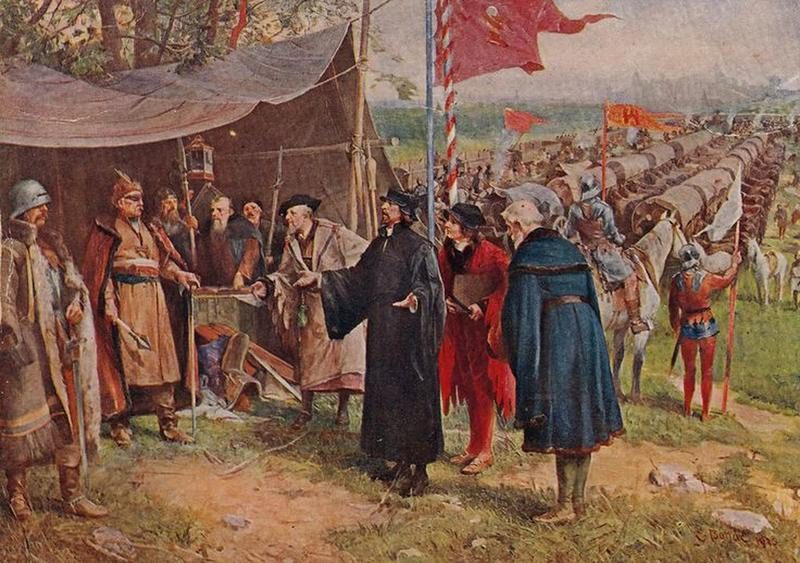The Czech Republic has a rich and diverse history, marked by various events that have shaped its culture, politics, and society. March 21st is a date that has witnessed several exciting and historically significant events throughout the years.
This article will delve into five of the most noteworthy events that occurred today, and explore their impact on Czech history.
The Battle of Kutná Hora (1421)
On March 21st, 1421, the Battle of Kutná Hora occurred, a significant event in the Hussite Wars. During this battle, the Hussite army defeated a more vast and better-equipped army of the Holy Roman Empire, consolidating their power and establishing the Hussite movement as a force to be reckoned with. The victory at Kutná Hora was one of the critical moments in the Hussite Wars and contributed to the eventual triumph of the Hussites over their opponents.
The Prague Uprising (1848)
In 1848, the Prague Uprising broke out, a significant event in the history of Czech nationalism. The uprising was a response to the conservative policies of the Austrian Empire, which controlled the Czech lands at that time. The Czechs demanded more autonomy and freedom, and their protests led to a widespread revolution throughout Europe. Although the uprising was eventually suppressed, it paved the way for the later development of Czech nationalism and independence movements.
The Assassination of Reinhard Heydrich (1942)
On March 21st, 1942, Reinhard Heydrich, a high-ranking Nazi official and one of the architects of the Holocaust, was assassinated in Prague by Czech resistance fighters. The assassination was a significant blow to the Nazi regime, leading to brutal reprisals against the Czech population, including destroying the village of Lidice. However, it also inspired further resistance and helped to galvanize anti-Nazi sentiment in Czechoslovakia.
The Velvet Revolution (1990)
On March 21st, 1990, the first democratic elections in Czechoslovakia since 1946 were held, marking a significant moment in the Velvet Revolution. The Velvet Revolution was a non-violent political revolution that led to the end of communist rule in Czechoslovakia and the establishment of a democratic government. The election of Václav Havel as president symbolized a new era of freedom and democracy in the country and inspired similar movements throughout Eastern Europe.
The Czech Republic Joins NATO (1999)
On March 21st, 1999, the Czech Republic joined NATO, becoming the first former communist state. The accession of the Czech Republic to NATO marked a significant shift in the country’s foreign policy and solidified its position as a democratic, pro-Western state. Membership in NATO also provided security and stability for the country, which had experienced centuries of conflict and instability.
At CzechDaily, we delve into the rich history of the Czech Republic daily, uncovering five noteworthy historical events on each date. From the Hussite Wars to the Velvet Revolution, the events on March 21st have left a lasting impact on the country and its people, shaping its political and cultural identity. By exploring these events, we can gain a deeper understanding of the complexities and nuances of Czech history.





